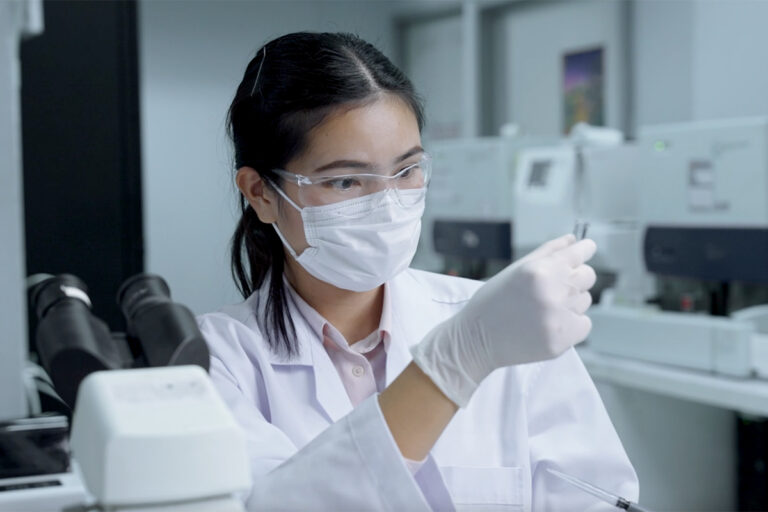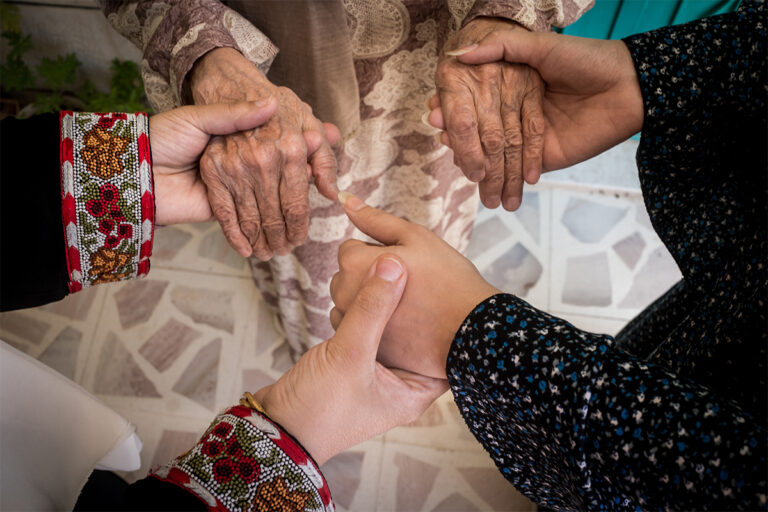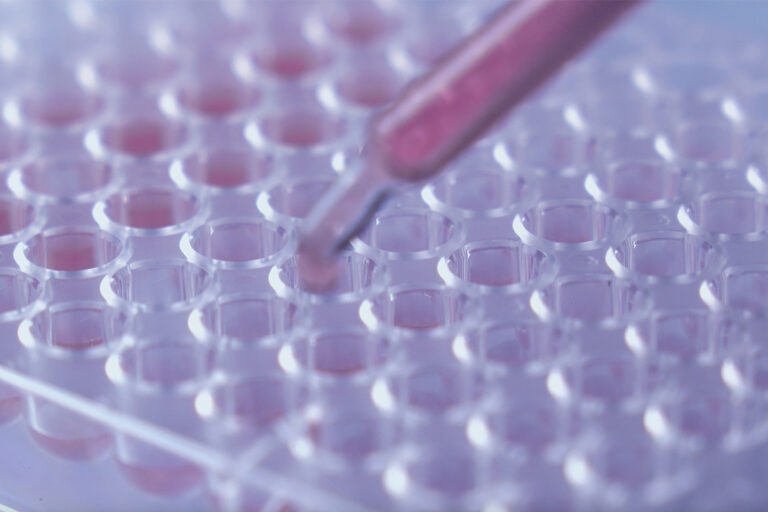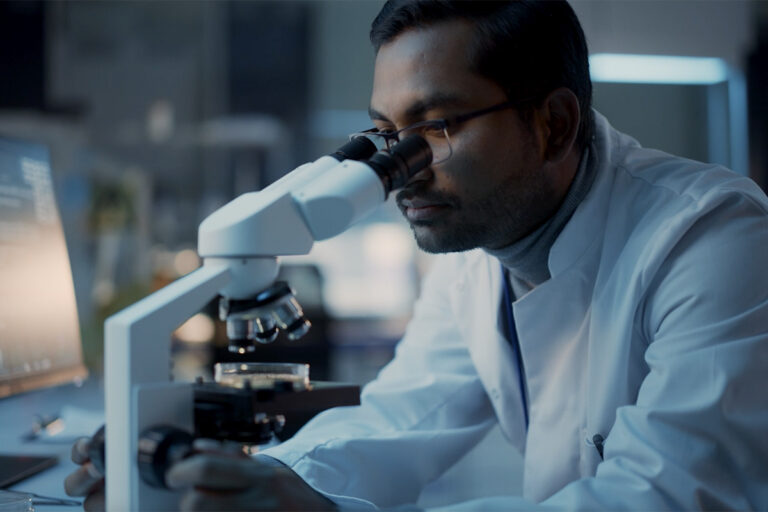When His Highness Sheikh Mohammed bin Rashid Al Maktoum announced Dubai’s smart city initiative, Smart Dubai, in March 2014, he challenged the project team to lead a new wave of digital transformation, with a radically new approach.
Xische & Co. has built and continues to manage Smart Dubai’s regional narrative, working hand-in-hand with the senior leadership of Smart Dubai to reach its public and private sector audiences with its message to create happiness for Dubai, by working together across sectors to improve city experiences through technology, for everyone who lives, works in or visits Dubai.
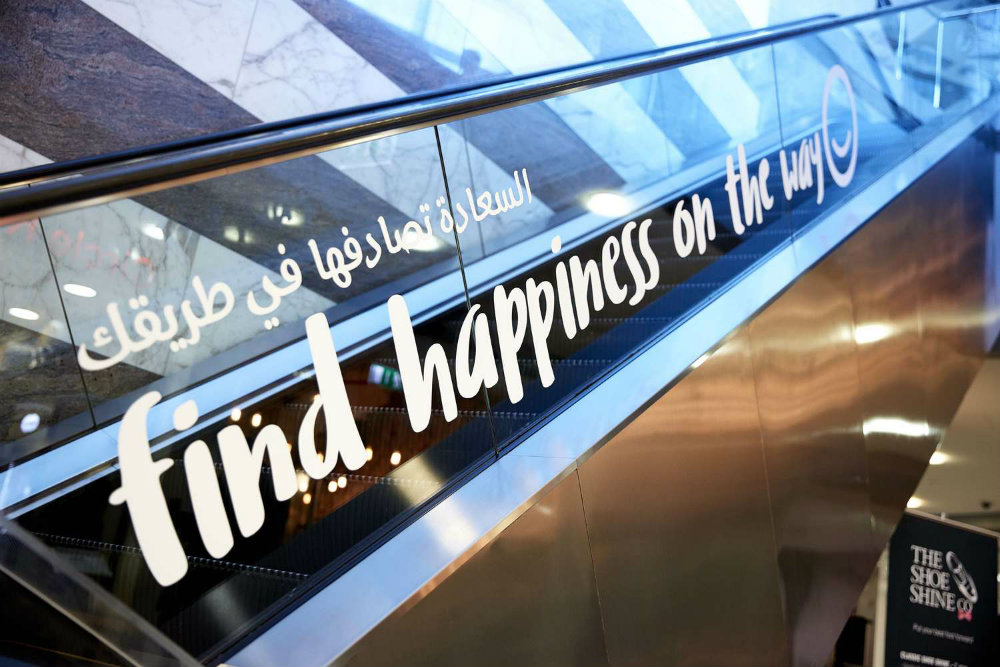
Why do you think Dubai has decided to lead the way in putting the smart city and happiness concepts together? What are the synergies between the two areas?
The vision of Smart Dubai is to make Dubai the happiest city on earth and is based on the recognition that technology is only a means to an end. “Innovation” and “happiness” are not separate goals for Dubai. Guided by the city’s leadership, Dubai has continually sought to deliver the highest possible quality of life for its residents and visitors. And this goal is made possible through technology.
We saw an opportunity to write the next chapter in the city’s story of innovation for people’s happiness. Working with Smart Dubai, we shaped a revolutionary vision for smart cities. Rather than striving to become a “world-class smart city”, we envisioned a program that set people’s happiness as its ultimate goal.
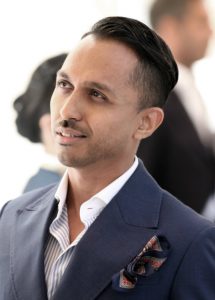
What inspired you to help create Dubai’s Happiness Agenda? How pleased are you with the progress so far and what are your plans for the future?
A core philosophy of Xische & Co. is, “what gets measured, gets done.” When we helped Smart Dubai re-orient its vision to people’s happiness, we also designed an elegant solution to measure happiness levels across the city, giving city leadership a quantitative index for people’s happiness for the first time.
The Happiness Meter has since been rolled out across 121 entities in the government and private sectors, measuring customer happiness at nearly 3,000 service touchpoints. In three years, Happiness Meters have record 12.2 million votes, with a lifetime average happiness index of 88.5%.
City leadership, including His Highness Sheikh Mohammed and the Director Generals of Dubai’s government entities, have access to real-time dashboards that allow them to track happiness levels throughout the city.
Capturing customer happiness at a service counter is, however, only the beginning of the city’s transformation. The leadership now wants to achieve the goal of 95% happiness by 2020. And that is where the Happiness Agenda comes in.
Working with Smart Dubai, we co-authored the Happiness Agenda to establish a methodical and scientific approach for the city to discover, educate, change and measure the happiness of all residents and visitors to Dubai. It has identified four domains that the city can influence that we know, scientifically, will positively contribute to individual’s happiness. Affective or emotional needs (simple pleasures like a carousel ride on the boardwalk); basic needs (easy access to city services); cognitive needs (access to opportunity, education, long-term well being); and deeper or eudaemonic needs (the ability to pursue deeper meaning or purpose).
What do you think are Dubai’s competitive advantages as the city aspires to become a global benchmark for a new way of 21st-century living?
Dubai is re-writing the script for the modern city. Rather then following the path of established cities in the Western world, Dubai imagined and then built its own future. Dubai has expertly leveraged its advantages of visionary leadership, a diverse population, and prime geographic location, to make itself into a model city for the 21st-century.
Dubai has benefitted from over half a century of visionary leadership; often in the face of opposition or skepticism both at home and internationally. Jebel Ali Port, the Dubai World Trade Centre, Dubai International Airport, and Emirates Airlines are only a few of the revolutionary projects that the city’s leadership envisioned and championed.
Dubai also has plans to be one of the first governments in the world to implement Blockchain into city services.
Dubai is one of the most ethnically and culturally diverse cities in the world, able to attract world-class talent from across the globe. Young professionals across industries come to Dubai in search of new opportunities, or to launch their careers. And, in response to investment by the city into start-ups and SMEs, many decide to grow their business locally and make a home in Dubai.
Dubai is located at a global crossroads. Over a third of the world’s population lives within a 4-hour flight from Dubai. Its central geographic location makes Dubai an ideal hub for business, the arts, and innovation.
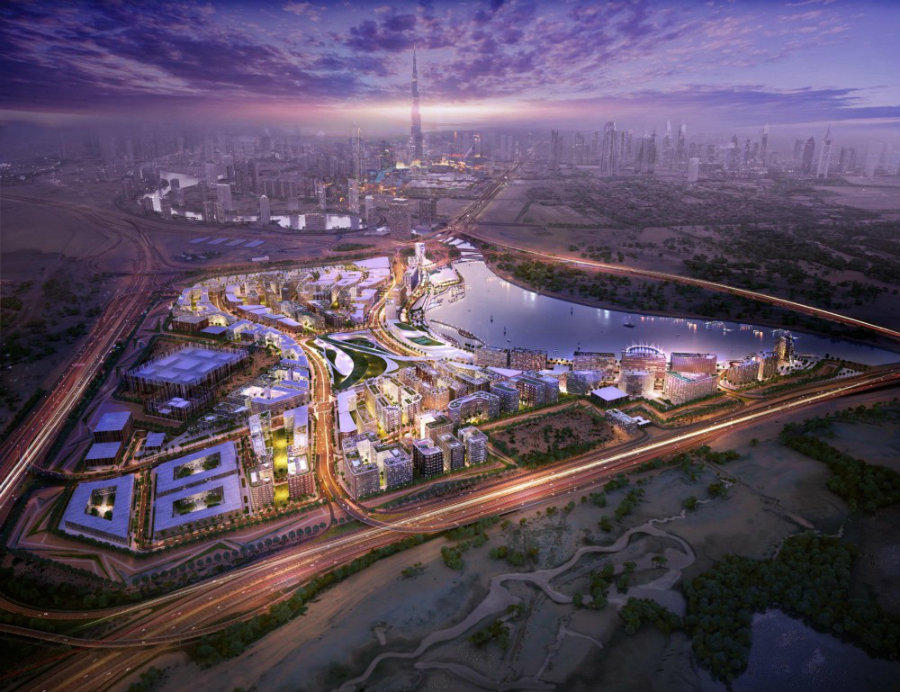
How would you describe Dubai’s brand? How are new technologies and innovations such as the Dubai Design District helping the brand evolve?
Dubai’s brand is not without blemishes, but at its heart, Dubai’s brand is about hope. Building a modern city in a desert. Growing an innovation economy where others only saw an oil state. The Dubai Design District is a part of the city’s spirit of hope. It is a beacon of creativity and innovation for the region, and a physical destination to realise the dreams of artists and designs.
What do you think Dubai needs to do better to tell its story?
Too often, Dubai is a victim of its own headlines. When you see stories in the international press about police robots patrolling a Dubai Mall, or about underwater skyscrapers and the next tallest tower, the heart of the story gets lost. Dubai needs to show the world that it is more than just a shiny city in the sand—and it has been getting better at it, especially in recent years.
His Highness Sheikh Mohammed bin Rashid Al Maktoum for example routinely sends aid to victims of natural disasters across the world. The Mohammed bin Rashid Global Initiatives is the parent organisation for upwards of thirty Dubai-based humanitarian organisations in areas ranging from water aid, to autism, to education, to innovation. Dubai needs to tell more of this side of its story.
“Design is the articulation of a hope; and technology is the means to achieve. In Dubai, both are present. The city doesn’t just imagine the future; it creates it.”
How closely do you work on the strategy of the Smart Dubai Office?
Our team has worked hand-in-hand with Smart Dubai from day zero. Working with Her Excellency Dr. Aisha bin Bishr, we advised on the strategic roadmap for Smart Dubai, re-orienting the initiative from a technology directive to a happiness directive, and bringing new programs such as the Happiness Meter and the Happiness Agenda to help Smart Dubai achieve those objectives.
Our brand team designed the logo for Smart Dubai—the iconic smile face—and branded its establishments: the Dubai Data Establishment and the Smart Dubai Government Establishment. We also crafted and maintain a communication strategy for Smart Dubai, manage its international narrative, and continue to advise on new strategic initiatives.
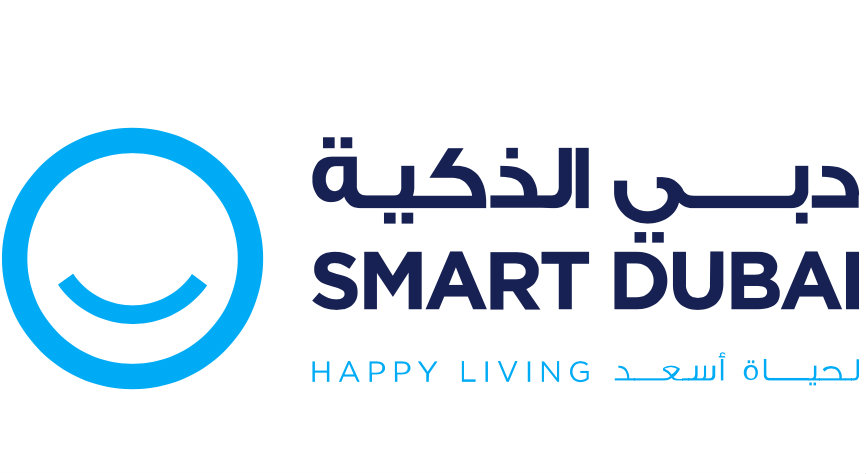
What are Dubai’s competitive advantages in the blockchain space? Why is the Emirate driving blockchain so hard and what are the social and economic benefits?
As a young and agile city with a supportive, centralized leadership, Dubai presents a greenfield opportunity for emerging technologies. These traits are especially important when considering a technology like Blockchain that requires the re-imagining of entrenched bureaucratic process.
The Dubai Blockchain Strategy was launched by His Highness Sheikh Hamdan bin Mohammed Al Maktoum, the Crown Prince of Dubai. With champions at the highest levels of government, departments are given the freedom to re-write systems and try new approaches that, in other cities or countries, might take years to change.
In the story of Dubai, Blockchain will be the first time that any city in the Arab world has championed a new technology, built on it, and shared its success with the rest of the world. Successful implementation of Blockchain in Dubai will solidify its position as a global leader in technology innovation—and it will save the city a lot of money.
Blockchain could save as much as 1.5 billion USD every year in government paperwork alone. The time savings for residents and the environmental savings will also be significant: 25.1 million hours of productivity savings per year, and 114 million tons of carbon emission savings from paper work processing and trips saved alone.
And government is only one sixth of the story. There are benefits to be had in the economic, mobility, environment, education and living dimensions as well.

What do you think are the dangers to Dubai of this process of driving change? What are you doing to make sure that nobody gets left behind and that social inclusion improves?
As technology advances, there will always be jobs that are lost. That is a simple fact, and constantly trying to prevent job losses would stifle innovation. But, the stress that advancing technology places on workers, especially those in high-risk jobs, is something that we need to pay attention to and work to alleviate.
On the one hand, there’s new skill training. We probably won’t need to hire someone to manually check the electricity meter in four years time, but we will need someone to analyse the data gathered by the smart grid network and decide if there is an even more efficient way to deliver electricity to the city’s residents. So we need to be creating more opportunities for members of the workforce to study data science, and prepare themselves for an evolving role.
Then, there’s the fun side. Increased automation and productivity, made possible by rapid advancements in artificial intelligence and automated technologies including blockchain, will lead to more opportunities for leisure time in all fields. With more time for free-form play and discovery, the more we will be able to create and innovate for an even better future.
In this context, what do you think is the potential of AI/cognitive computing in Dubai, on the economy, jobs and people and where does the Dubai AI Roadmap lead?
Artificial intelligence and cognitive computing, as it reaches its maturity, will have a transformative effect on people and the economy. Jobs will be lost but many more will be augmented and improved. Medical procedures will become even safer, as doctors are guided by AI assistants.
Dubai’s AI roadmap envisions a city that is augmented, operationally, by artificial intelligence and cognitive computing. The Smart Dubai Government Establishment will lead the way, building an AI platform that will enable anyone in the city to make AI applications, benefitting from a shared knowledge engine. The first step of the AI roadmap is already underway with Saad, built in partnership with SDG and Dubai Economy. The application guides potential entrepreneurs and investors seamlessly through the business start-up process in Dubai![]()






